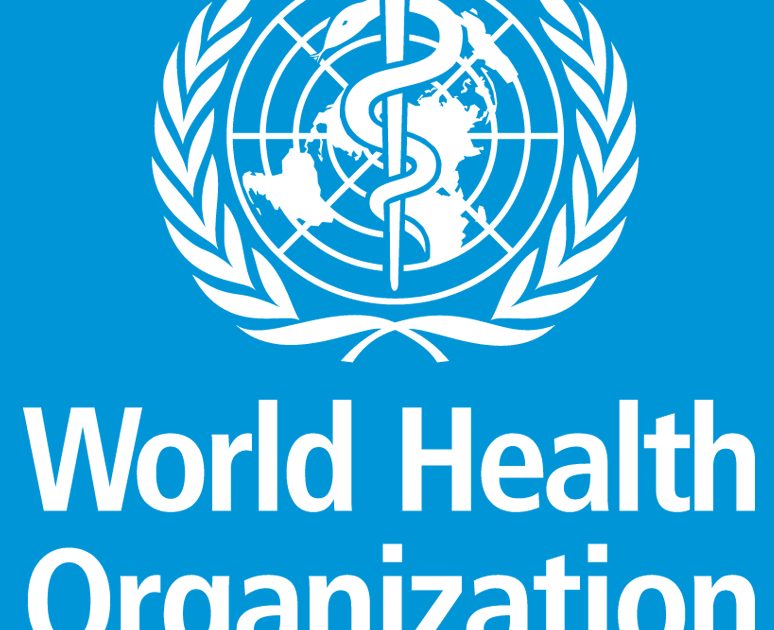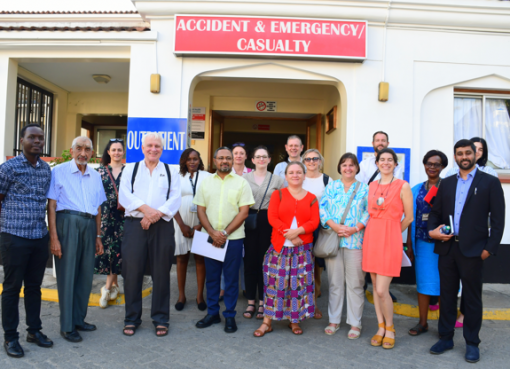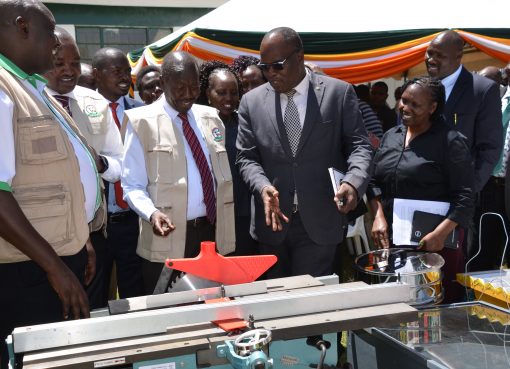World Health Organization (WHO) has unveiled a new Operational framework for building climate-resilient and low-carbon health systems.
Responding to the rapidly changing climate, the comprehensive framework that has been released in the lead-up to the upcoming United Nations Framework Convention on Climate (COP-28) is designed to enhance the resilience of health systems, while simultaneously reducing greenhouse gas emissions to help safeguard the health of communities worldwide.
Dr Tedros Adhanom Ghebreyesus, WHO Director-General said in a press release the health systems are vulnerable to the impacts of climate change, but they also contribute to the same.
“We have a dual responsibility to build health systems that can withstand climate-related shocks, while at the same time reducing their carbon footprint. This framework gives countries a roadmap for doing just that,” he said.
As global temperatures rise and extreme weather events become increasingly common, the need for climate-resilient health systems has never been more critical.
WHO’s Framework, the DG said provides a visionary path to addressing this challenge, with a core mission to protect and improve the health of populations in the face of an unstable and changing climate.
Moreover, it emphasizes the optimization of resource use and the implementation of strategies to curtail greenhouse gas emissions while continuing to prioritize climate resilience.
This Framework according to WHO further presents an opportunity for the health sector to lead by example by reducing its greenhouse gas emissions which are now responsible for almost 5 percent of the global total while continuing to enhance the quality of care.
WHO says that the benefits of implementing this Framework extend far beyond the realm of health care. By reducing greenhouse gas emissions and enhancing the resilience of health systems, we are contributing to the broader objectives of universal health coverage (UHC), global health security, and the United Nations Sustainable Development Goals (SDGs).
The Framework was developed following the request for WHO support by Ministers of Health from over 75 countries to build climate resilient and low-carbon sustainable health systems.
This comprehensive document is not only a roadmap for health organizations and authorities but also a valuable resource for decision-makers in health-determining sectors.
Public health agencies, policymakers, and specialized institutions can all benefit from the insights and strategies outlined in this Framework.
COP-28, which will be held from 30th of November this month to December 12th this year will also feature a dedicated Health Day within the Conference of Parties.
This historic occasion will underscore the importance of incorporating public health priorities into climate discussions.
By Wangari Ndirangu





